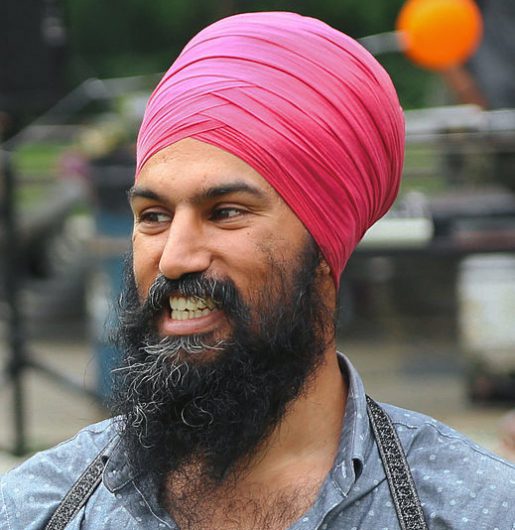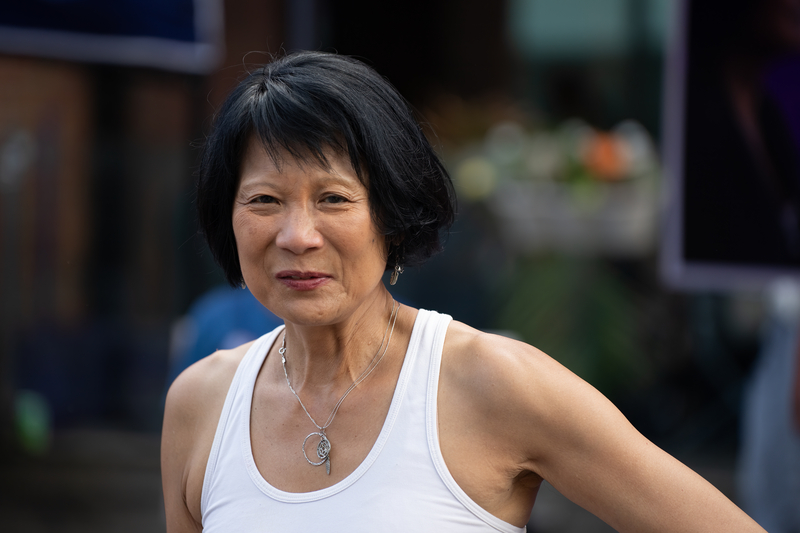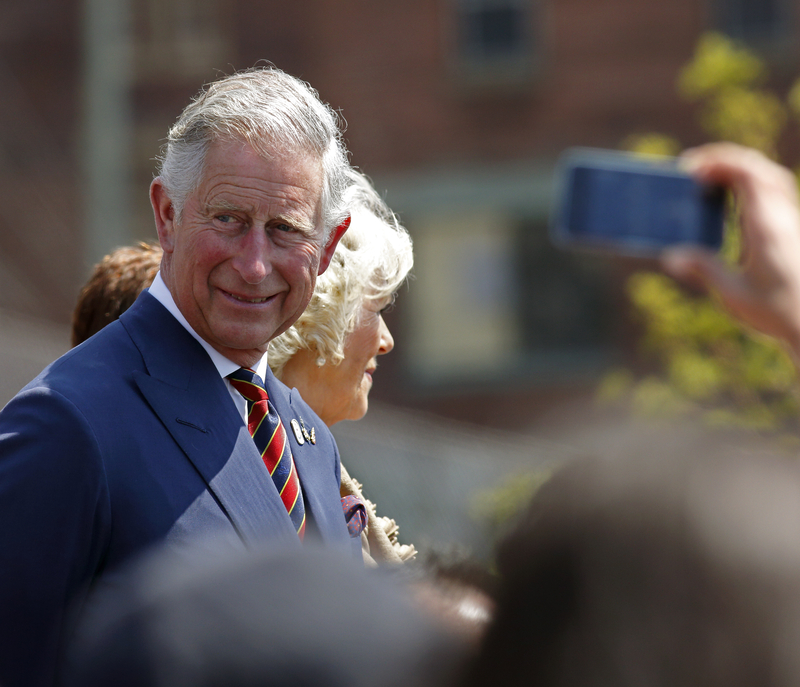On Saturday, candidate Jagmeet Singh won a vote to become the new leader of the New Democratic Party. Singh won the role on what is known as the first ballot, or the first round of voting. This means that he scored over 50% of the total vote, with 35,266 of the 65,782 votes. The other candidates were Northern Ontario MP Charlie Angus (12,705 votes), Manitoba MP Niki Ashton (11,374), and Quebec MP Guy Caron (6,164).
Singh made a name for himself in Canadian politics relatively quickly over the last few years. The former criminal defense lawyer started as an Ontario MPP (Member of Provincial Parliament) in 2011. He then became the Deputy Leader of the Ontario NDP party from 2015 to 2017. On May 15, he announced that he would run to replace Thomas Mulcair as the federal, or national, leader of the NDP.
First-time leader
Singh speaking in the Ontario legislature. (Getty Embed)
Singh is 38 years old, which is fairly young for a leader of a national political party (although new Conservative leader, Andrew Scheer, is the same age). Still, it is not his age that makes him such a revolutionary choice.
Singh is a Sikh man. He now becomes the first federal, or national, leader of a major Canadian political party who is from an ethnic minority. Before him, every leader of the Liberals, Conservative, or NDP has been a white person.
More and more, Canada has become a country of multiculturalism and diversity. But as with Barack Obama in the United States in 2008, this will be the first time that Canada will have the opportunity to vote for a national leader who reflects the diversity.
What does he stand for?
Singh celebrates with supporters after his win. (Getty Embed)
Singh ran a campaign full of friendly "Jagmeet and Greets" and his simple slogan, "Love and Courage". He spoke often about the persecution that he faced for how he appeared to others ("Growing up with brown skin, long hair and a funny sounding name meant I faced some challenges," he said after winning the leadership).
For him, the words "love and courage" represent how he chooses to deal with such prejudice. Instead of getting angry or vengeful, he chooses to embrace those who do not at first understand him. In fact, a recent video went viral of him answering an angry protestor with calls for love. This moment alone gained him many supporters, many who were impressed with his ability to stay calm and peaceful.
On Singh's website, he outlines many policies, including making a greener (more environmentally-friendly) economy, better wages and job security, improving reconciliation with Indigenous peoples, and addressing discrimination of minorities.
Will Singh compete well against Trudeau and Scheer in the next federal election? An election is still a few years away, but many in Canada are already excited about the change Singh could bring. What do you think?
Primer: What is the Sikh religion?
A Sikh festival in India. (Getty Embed)
Sikhism is a monotheistic religion, meaning it believes in one god. It is based in the Punjab region of the Indian subcontinent (this includes parts of India and Pakistan). There are around 25 million Sikhs in the world. Canada has the third highest Sikh population in the world, after India and the United States.
Sikh beliefs centre around service to community and God, and the remembrance of God. Eating meat and drinking alcohol is forbidden in the religion, as is cutting hair. Sikh men wear long beards and place their hair inside a cloth wrap called a turban.
Another significant Canadian Sikh politician is Liberal Harjit Sajjan. He is the current Minister of Defense in Prime Minister Trudeau's government.
 Jagmeet Singh enjoys a community BBQ in 2014. This weekend, the politician became the first minority leader of a major Canadian national party. (Wikimedia Commons)
Jagmeet Singh enjoys a community BBQ in 2014. This weekend, the politician became the first minority leader of a major Canadian national party. (Wikimedia Commons)










Not a fan.
I don’t get that last comment